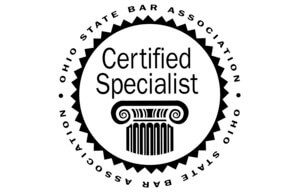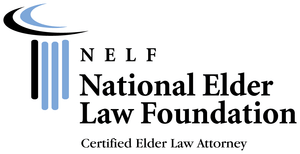Using Irrevocable Trusts in Medicaid Planning
/People often wonder about the value of using irrevocable trusts in Medicaid planning. Certainly gifting of assets can be done outright, not involving an irrevocable trust. Outright gifts have the advantages of being simple to do with minimal costs involved, including the cost of preparing and recording deeds and the cost of preparing and filing a gift tax return. Many financial institutions have their own documents they use for changing ownership of assets so there are typically no out-of-pocket costs for the transferor
Read More




